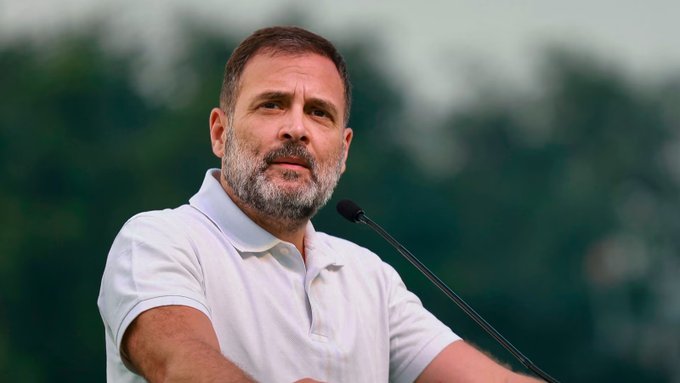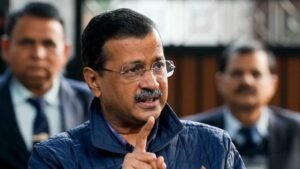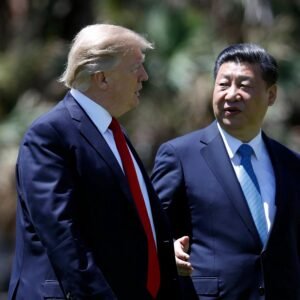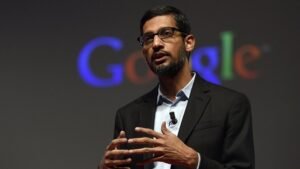
Understanding the Caste Census Debate
The ongoing discourse around caste census in India has gained momentum, with leaders like MP Rahul Gandhi standing firm in their advocacy. The core of this debate revolves around the push for transparency and equity in political representation. The caste census serves not only as a tool for understanding demographics but also as a means to address historical injustices faced by marginalized communities.
Challenges Faced: Media and Judiciary Silence
Despite the crucial importance of this issue, there seems to be a prevailing silence from both media and judiciary, raising concerns about the lack of discourse surrounding such significant policies. Critics argue that without adequate media coverage and judicial oversight, the potential impact of these reforms could be stifled. However, Rahul Gandhi emphasizes that no external force can impede the progress of caste census reforms, highlighting the public’s demand for a fair representation system.
The Future of Reservation Policies
Accompanying the call for a caste census is the pressing matter of removing the 50% cap on reservations. Advocates maintain that this cap limits the ability of underprivileged communities to secure fair access to resources and opportunities. As Rahul Gandhi highlights, the journey towards a more equitable socio-economic structure may be challenging, but the resolve to continue pushing for these changes remains steadfast. With much at stake, the upcoming months may witness intensified efforts to bring these issues to the forefront of national policy discussions.





